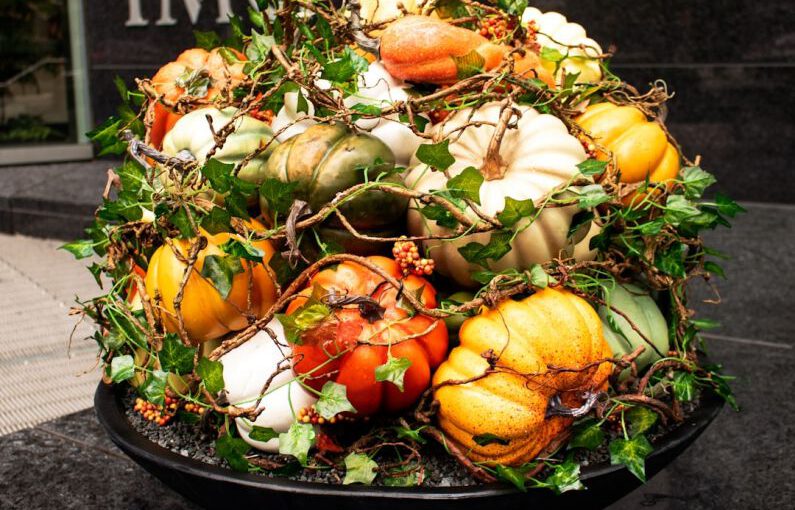As the autumn season sets in and the temperatures drop, many gardeners may wonder which fall vegetables can withstand frost. While some crops may wither at the first sign of frost, there are several hardy vegetables that not only survive but thrive in cooler temperatures. Knowing which vegetables can tolerate frost can help you plan your fall garden effectively and extend your harvest well into the colder months. Let’s delve into some of these resilient fall vegetables that can withstand frost.
### Leafy Greens
Leafy greens such as kale, spinach, and Swiss chard are excellent choices for fall gardening as they can endure light frosts. In fact, these vegetables often taste sweeter after being exposed to a touch of frost. Kale, in particular, becomes more tender and flavorful when grown in cooler temperatures. Planting these leafy greens in late summer can ensure a bountiful harvest well into the fall and even early winter.
### Root Vegetables
Root vegetables like carrots, beets, radishes, and turnips are well-suited for fall planting due to their ability to tolerate frost. These hardy vegetables store well in the ground even as temperatures dip, making them ideal choices for extending your harvest season. Carrots, for instance, develop a sweeter taste when exposed to cold weather, while beets retain their crisp texture. Planting these root vegetables in late summer allows them to mature before the ground freezes, ensuring a flavorful and abundant harvest.
### Cruciferous Vegetables
Cruciferous vegetables, including broccoli, cauliflower, and Brussels sprouts, are known for their cold tolerance and ability to withstand frost. These vegetables not only survive in colder temperatures but actually improve in flavor after being exposed to frost. Brussels sprouts, for example, develop a sweeter taste when grown in cooler conditions, while broccoli and cauliflower retain their firm texture. Planting these cruciferous vegetables in late summer ensures a plentiful harvest well into the fall and even early winter.
### Alliums
Alliums such as onions, garlic, and leeks are resilient fall vegetables that can tolerate frost. These flavorful vegetables store well in the ground even as temperatures drop, making them suitable for fall planting. Onions and garlic, in particular, benefit from exposure to cooler weather, developing a richer flavor profile. Planting these alliums in late summer allows them to establish roots before the ground freezes, ensuring a successful harvest.
### Winter Squash
Winter squash varieties like butternut, acorn, and spaghetti squash are robust vegetables that can withstand frost. These vegetables store well and develop a sweeter taste when exposed to cooler temperatures. Winter squash plants produce hardy fruits that can be stored for months after harvest, making them an excellent choice for fall gardening. Planting winter squash in late summer ensures a plentiful harvest before the first hard frost hits, allowing you to enjoy these versatile vegetables throughout the winter months.
### Conclusion: Extend Your Harvest with Frost-Tolerant Vegetables
By incorporating frost-tolerant vegetables into your fall garden, you can extend your harvest well into the colder months and enjoy a bountiful supply of fresh produce. Leafy greens, root vegetables, cruciferous vegetables, alliums, and winter squash are all excellent choices for fall planting, as they can withstand frost and even improve in flavor when exposed to cooler temperatures. Planning your fall garden with these resilient vegetables in mind can help you make the most of the autumn season and continue to enjoy fresh, homegrown produce long after summer has passed.





